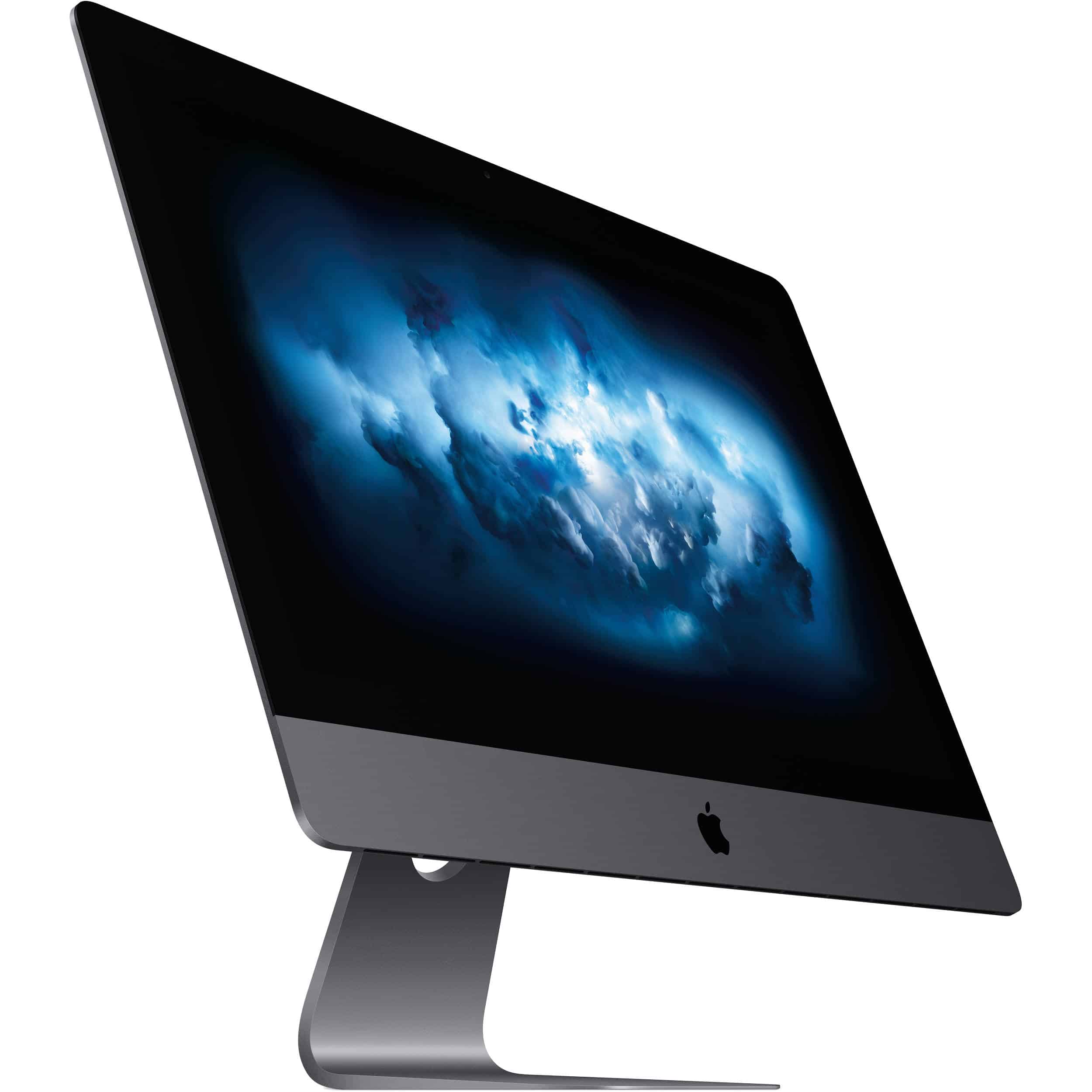How can Apple’s streaming video service battle established competitors like Netflix? Simple: Buy a movie studio.
That’s the battle cry from certain Wall Street analysts, who suggest that Apple use its Scrooge McDuck-style cash pile to buy everything from Sony Pictures to Disney.
As sexy as that idea might sound on paper, however, in reality it would be a terrible idea. Here are three reasons why.
Before we go further, I get it. At a time when Apple’s business is faltering (despite still being insanely lucrative), there’s a temptation to suggest the company should just buy a new business to help it leap those early, awkward stages of getting into a new field like streaming video.
Virtually no other company has $250 billion just sitting around waiting to be spent. But just because Apple could buy a movie studio doesn’t mean it should.
Apple would not gain as much as you might think

Photo: Gage Skidmore/Flickr CC
Apple is making a whole bunch of TV shows right now, but buying an existing studio would give it an instant back catalog.
Sony Pictures, for instance, produces original shows like The Blacklist. It owns distribution rights to giant hits like Seinfeld. It makes movies like Jumanji: Welcome to the Jungle and the Spider-Man flicks.
Imagine what a selling point those would be for any subscription service Apple launched. You can virtually smell the dollars, can’t you? Well, kind of.
Apple would not necessarily gain as much as you might think, though. At present, Apple commissions shows from third-party production companies, which it then owns distribution rights for.
It would be one thing if Apple needed to buy a studio to be taken seriously in Hollywood. But it’s having no trouble hiring top execs to produce shows. It faces no problems snapping up behind-the-camera talent like Steven Spielberg, M. Night Shyamalan and Damien Chazelle. Nor is Apple hurting when it comes to snagging A-list actors like as Jason Momoa and Reese Witherspoon.
If Apple bought a movie studio, it would have to deal with all the challenging realities of distribution. Does Apple continue showing movies in theaters and on TV networks and competing home-distribution platforms? That’s where revenue for movie studios is coming from right now. On the other hand, does Apple withdraw shows that are already running on other networks or services, and distribute them only on its own platforms?
That strategy could pay off, but it comes with a lot of risk. It would slash existing revenue streams for whichever company Apple bought, greatly reducing the studio’s value in the process. Then there’s Apple’s reported plan to give away its shows (and movies?) for free to users. That’s one heck of a loss-leader. Particularly when you’ve just spent tens of billions of dollars on a studio.
Buying a studio would distract Apple from core competencies

Photo: Apple
Companies with concentrated strategies can, typically, focus on about two or three areas really well. Beyond that, the lack of focus takes its toll. Ever since Steve Jobs returned to Apple, the company has prided itself on producing a relatively small number of products. Each of these benefits from Apple’s maniacal focus.
But as fantastic as products like the iPhone are, we’ve also seen what happens when Apple doesn’t give product lines its full attention. The Mac has languished for years. Apple TV was, famously, considered a “hobby” more than a real product. HomePod seems more like an afterthought than a serious attempt to challenge Amazon’s Echo.
Diversification can be a great move for some corporations, particularly when they’re willing to allow the companies they own to operate more or less independently. But that’s not Apple’s way. We already know this because Tim Cook supposedly chipped in on Apple’s original content, binning a TV series based on Dr. Dre because it wasn’t squeaky clean enough.
That doesn’t sound like a company willing to cede control. And running a movie studio is not the kind of thing you can do well unless it has your full attention.
There’s no reason Apple couldn’t use its deep pockets and ability to hire the best talent to become a media-first company. But doing that could mean taking the eye off the ball in other areas. At a time when fresh ideas are needed in the smartphone industry, and the Mac is virtually an afterthought, plenty of people would prefer that Apple focuses on getting its main areas of business right.
Entertainment and tech can be a toxic mix

Photo: AOL
Right now, shareholders are jittery about Apple. iPhone sales are slowing down. Apple is looking for new, stable areas of growth that will drive profits in coming decades. So why pick a business as unpredictable as the entertainment industry? Revenue from blockbusters remains high, but this is, in part, thanks to inflation and hiking up the price of movie tickets. That’s a short-term fix, much like Apple raising iPhone prices to make up for slowing growth.
Increasingly, people are turning away from movies to other forms of entertainment. There are big opportunities, sure, but there’s also the very real risk of getting suckered in by the luster of owning a fancy entertainment company because, well, it’s a fancy entertainment company.
Tech companies don’t have a good history with this. The most famous example is AOL’s disastrous acquisition of Time Warner. But there are plenty of other illustrations, such as Matsushita’s purchase of Universal Studios, General Electric buying NBC, Westinghouse snapping up CBS, and Sony’s purchase of Columbia Pictures. While none of these proved as catastrophic as the AOL-Time Warner merger, all led to significant teething problems.
Of course, just because other companies have failed at something doesn’t mean Apple would as well. But, after a while, it’s hard not to read press releases about mergers that will reinvent TV and movies for the digital age and not get a little jaded.
If Apple wants to branch out into new areas, businesses like chip design and fabrication, or improved cloud services, seem like a better fit. Plus, the fruits of these types of pursuits potentially appeal to enterprise users as well as casual consumers. That ability to appeal to business customers is one reason Microsoft didn’t fall as far as Apple during the recent FAANG stock plunge.
Apple and Hollywood
To conclude, Apple probably won’t become a next-gen movie studio anytime soon. (Tim Cook and the rest of the Cupertino gang probably know this, too.)
Apple stock took quite a beating in recent weeks, and there are plenty of things Apple could do to correct its course in 2019, But buying an expensive movie studio isn’t the clearest path to success.
Strongly disagree? Let us hear your thoughts in the comments below.


